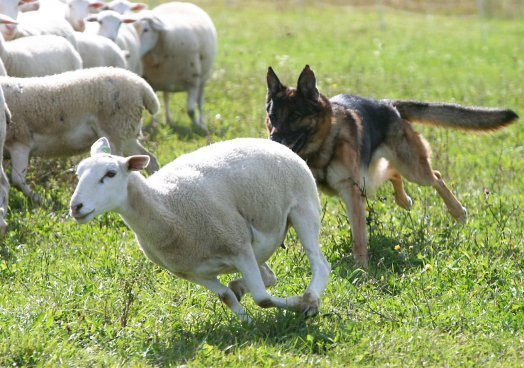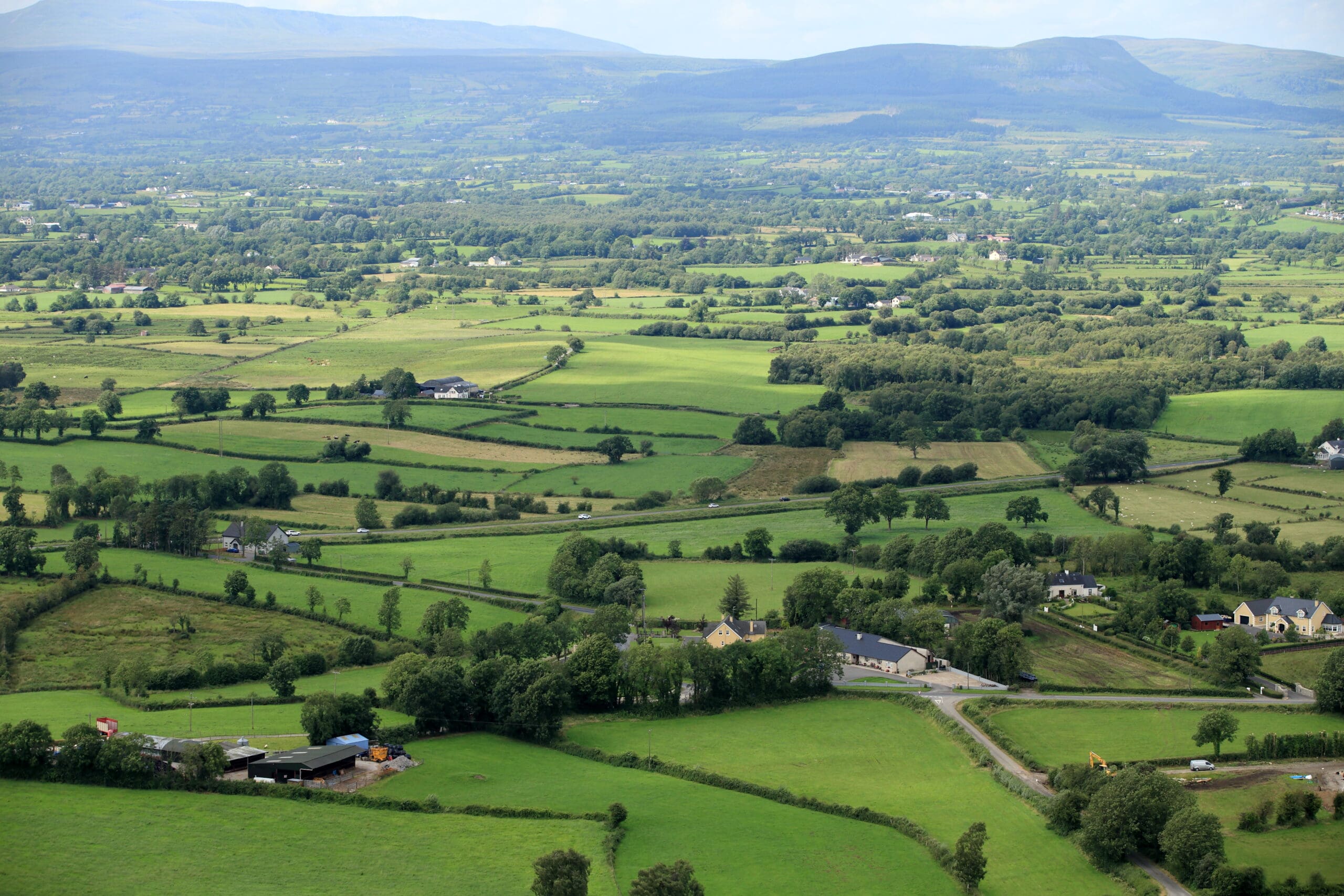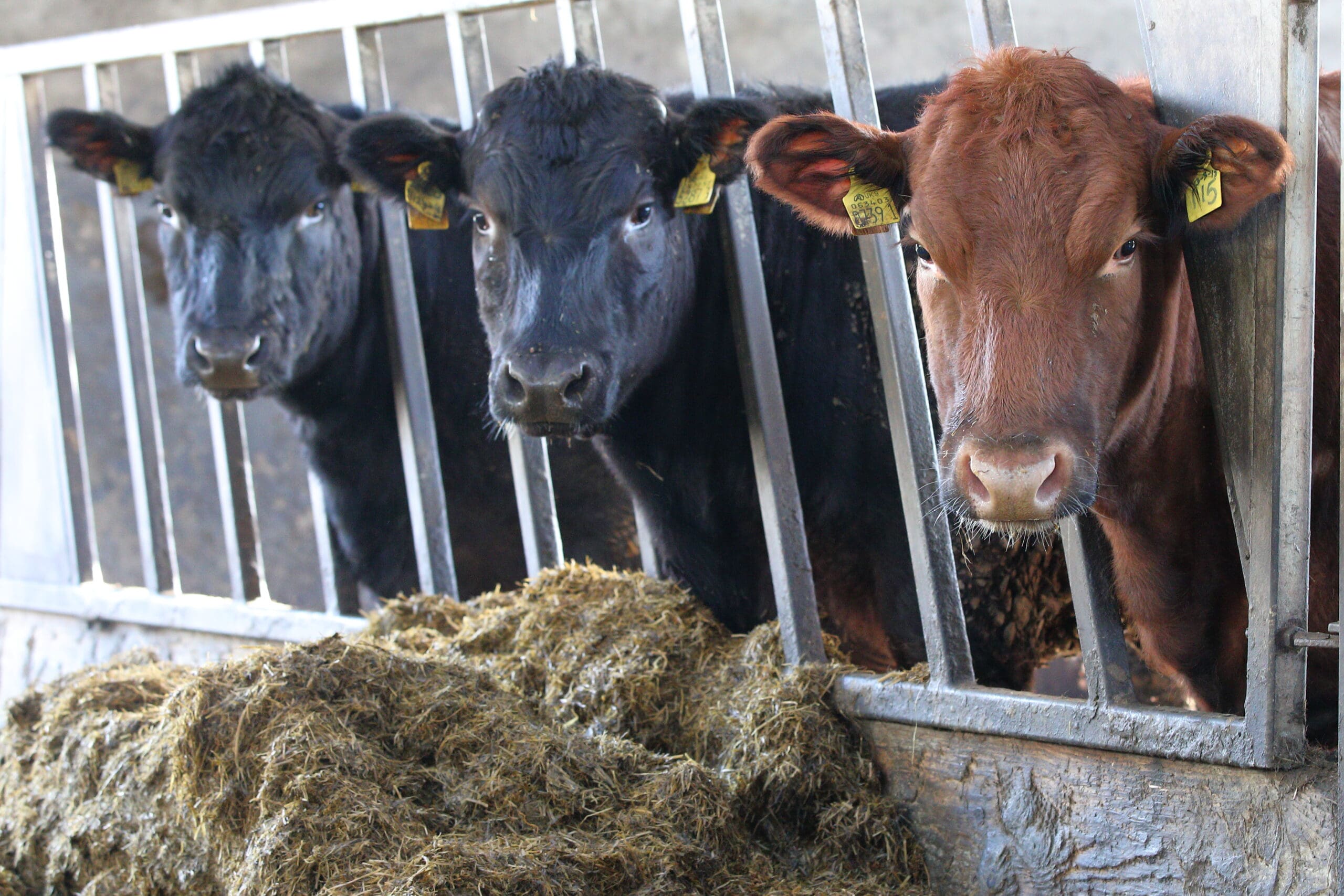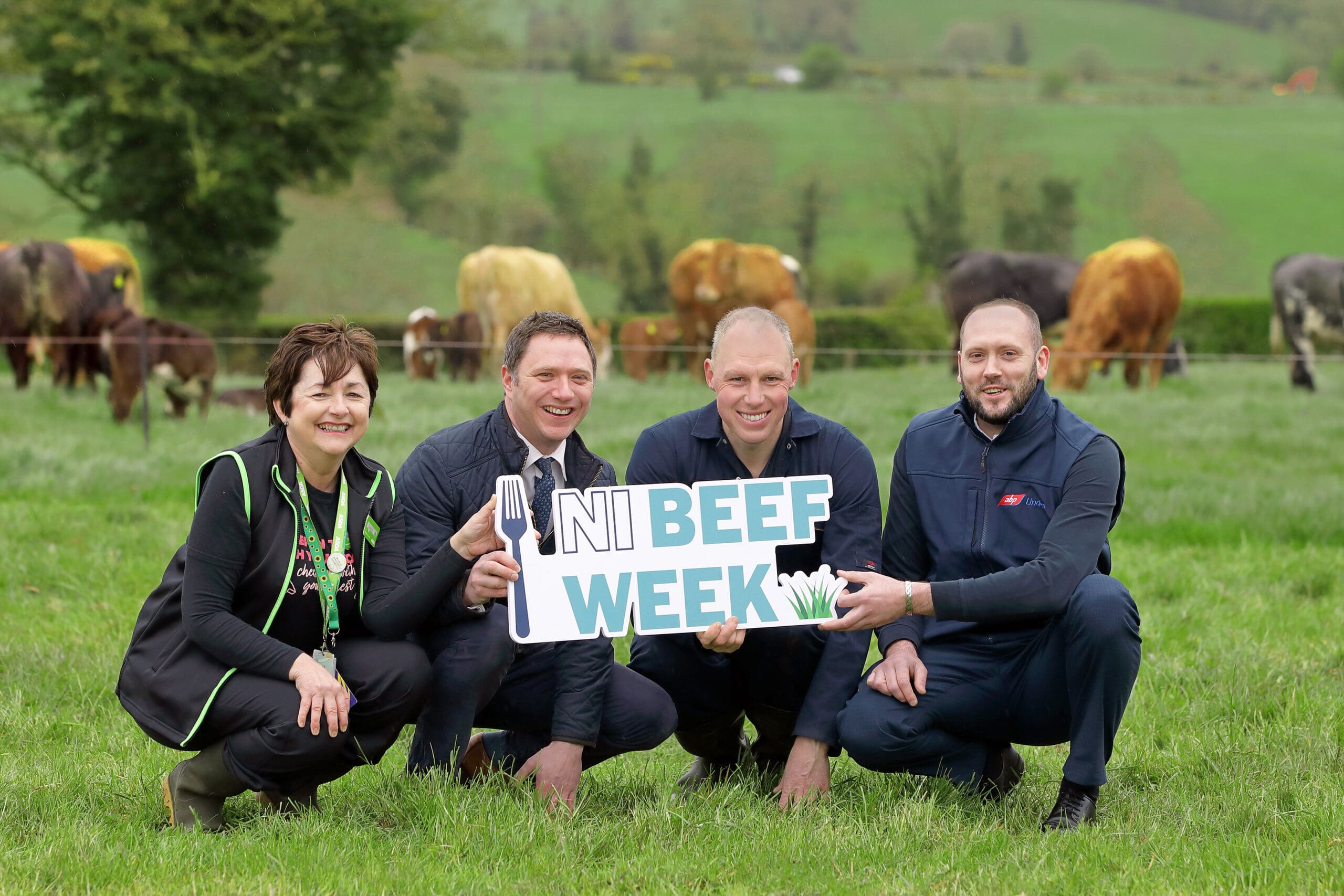
Commodity watch by policy officer Sarah Morrell
With the weather improving farmers are pleased to get livestock out to graze over the summer months, however, it does not come without worry. Unfortunately, Ulster Farmers’ Union (UFU) members have reported livestock worrying as a rising problem.
Findings from the 2021 National Sheep Association (NSA) sheep worrying survey, also revealed an increasing number of livestock worrying incidents in the past year. The NSA conduct an annual survey on livestock worrying and this year, it focused on the impact of national lockdowns throughout the COVID-19 pandemic on incidents of sheep worrying. The results of the survey found 67 percent of respondents have witnessed an increase in attacks during the pandemic. They attribute this increase to a rise in dog ownership and the general public spending more time walking in the countryside.
When dog owners are not responsible and sensible, livestock and farmers suffer unnecessarily. In the worst-case scenarios, livestock are killed and in others, the productivity of livestock seriously reduced. Sadly, 50 percent of NSA survey respondents reported that sheep worrying was adversely affecting their mental health. Not only does an attack on livestock financially affect the farm business, but the farmer also suffers avoidable anxiety, anger, upset, stress and frustration.
Ultimately, preventing livestock worrying should be down to dog owners taking tighter control of their animals, however this cannot be relied on. Should a farmer experience a dog attack on their livestock they should first of all keep themselves safe. If possible, video or photograph what the dog is doing and the damage caused by the dog. This prevents the owner being able to deny that the dog was doing harm. Report all incidents of livestock worrying to your local council’s dog warden. Contact details for dog wardens can be found on your local councils’ website.
Sometimes it is necessary to shoot a dog that is attacking livestock, but the law around this is complex and shooting should always be the last resort. Dogs are considered property so shooting a dog could trigger a criminal damage charge.
In order to legally shoot a dog, you must be able to show that you acted in the belief that livestock were in immediate danger and that all efforts to deter the dog before shooting were ineffective. If a dog is shot, the incident must be reported to the police within 48 hours.
It is important to remember that you are not entitled to shoot the dog if it has already left your property and is no longer a direct danger to livestock, even if you fear it might come back and pose a threat in the future. To protect against dog attacks, make neighbouring farmers aware of what you have seen and ensure fields are secure with good fences and gates. Again, it is important to reiterate that shooting a dog should only occur as a last resort.
Whilst sheep are the most common victim of livestock worrying. Cattle can suffer when dogs wonder onto farmland and their faeces contaminate grass that is fed as silage or hay. A cow can become infected with Neospora, which leads to abortions and stillbirth. A cow will remain persistently infected for life, effectively making her unproductive. To reduce the risk of transmission, dog walkers must clean up after their dog. For farmers, if possible, avoid cutting grass for hay or silage in fields close to pathways where dogs may stray into the field.
Recently discussed by the UFU legislation committee is the need for a review of livestock worrying legislation. 80 percent of NSA survey respondents agreed that the rest of the UK should follow the recent change in Scottish law that sees stricter enforcement including fines of up to £40,000 and/ or 12 months imprisonment acting as a stronger deterrent to dog owners responsible for allowing attacks to happen. In the short term the UFU will be working throughout the summer months to keep responsible behaviour at the forefront of the public minds as they enjoy leisure activities and staycations with their dogs.




